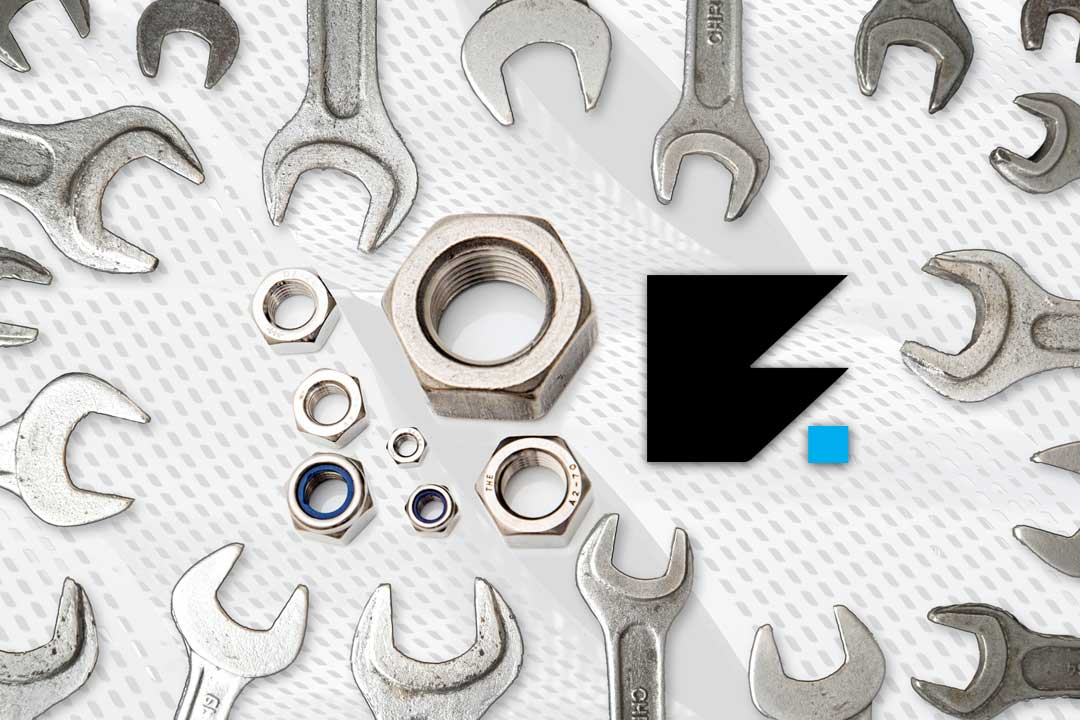There are many reasons why bolts may become loose over time.
Here are five of the most common causes of why bolts become loose:
- Vibrations: When a bolt is subjected to vibrations, the stress on the bolt can cause it to loosen over time. This is often seen in applications such as engines, where the vibrations from the engine can cause bolts to loosen.
- Thermal Expansion: As temperatures change, materials expand and contract. This can cause bolts to loosen as the materials they are holding together expand and contract at different rates.
- Loose Fittings: If a bolt is not properly tightened or if the threads are damaged, the bolt may become loose over time.
- Chemical Corrosion: If a bolt is exposed to corrosive chemicals, the corrosion can weaken the bolts and cause them to become loose.
- Fatigue: Over time, the repeated stress of being tightened and loosened can cause bolts to become loose from fatigue. This is often seen in bolts that are used in engines, where the vibrations can cause bolts to loosen over time.
How to prevent bolts becoming loose
Here are 3 ways to prevent bolts from loosening.
Firstly, make sure that bolts are tightened to the correct torque using a torque wrench. This will ensure that bolts are not over or under-tightened, which can lead to problems.
Secondly, use threadlocker on bolts that are subject to vibration. This will help to keep bolts tight and prevent them from coming loose.
Finally, regular inspection of bolts is important to ensure they are not becoming loose. If bolts are found to be loose, they should be tightened as soon as possible to prevent further problems.
By following these simple tips, bolts can be kept tight and secure, preventing them from becoming loose again or in the future.

